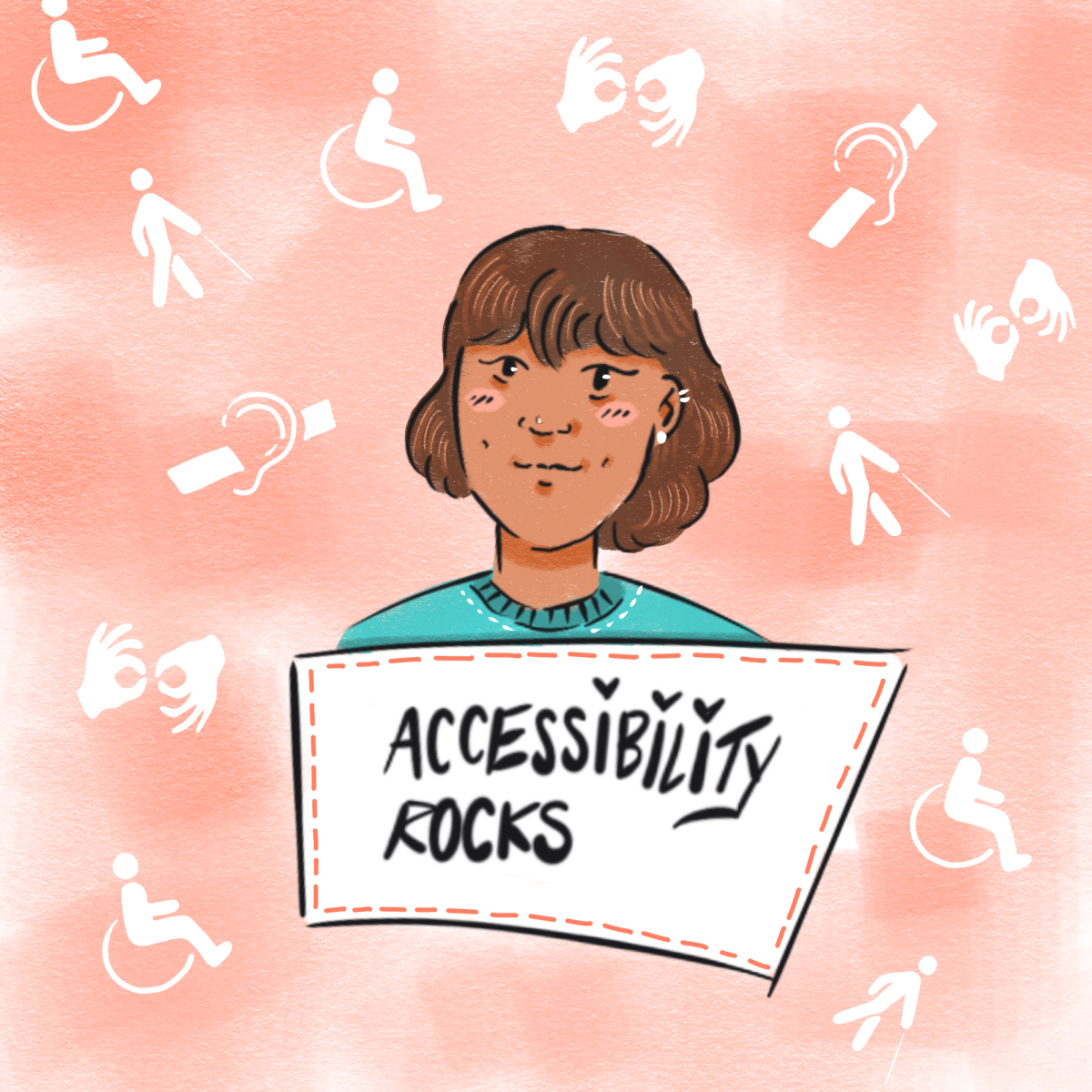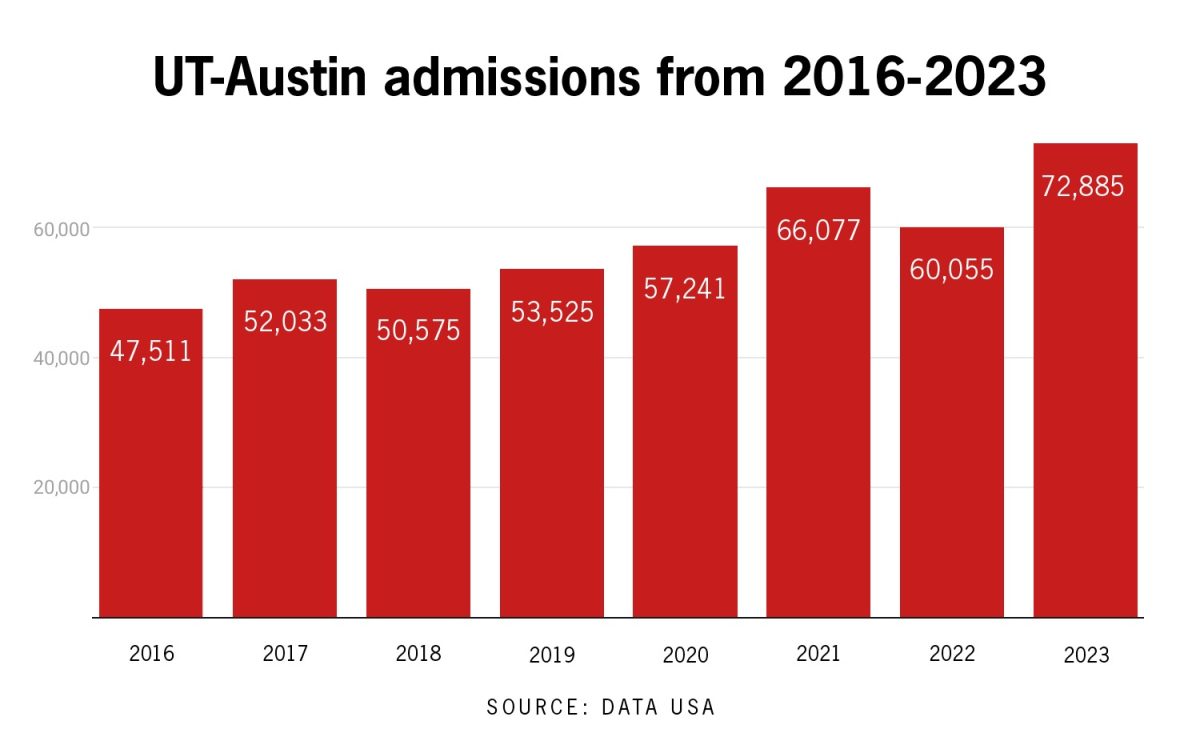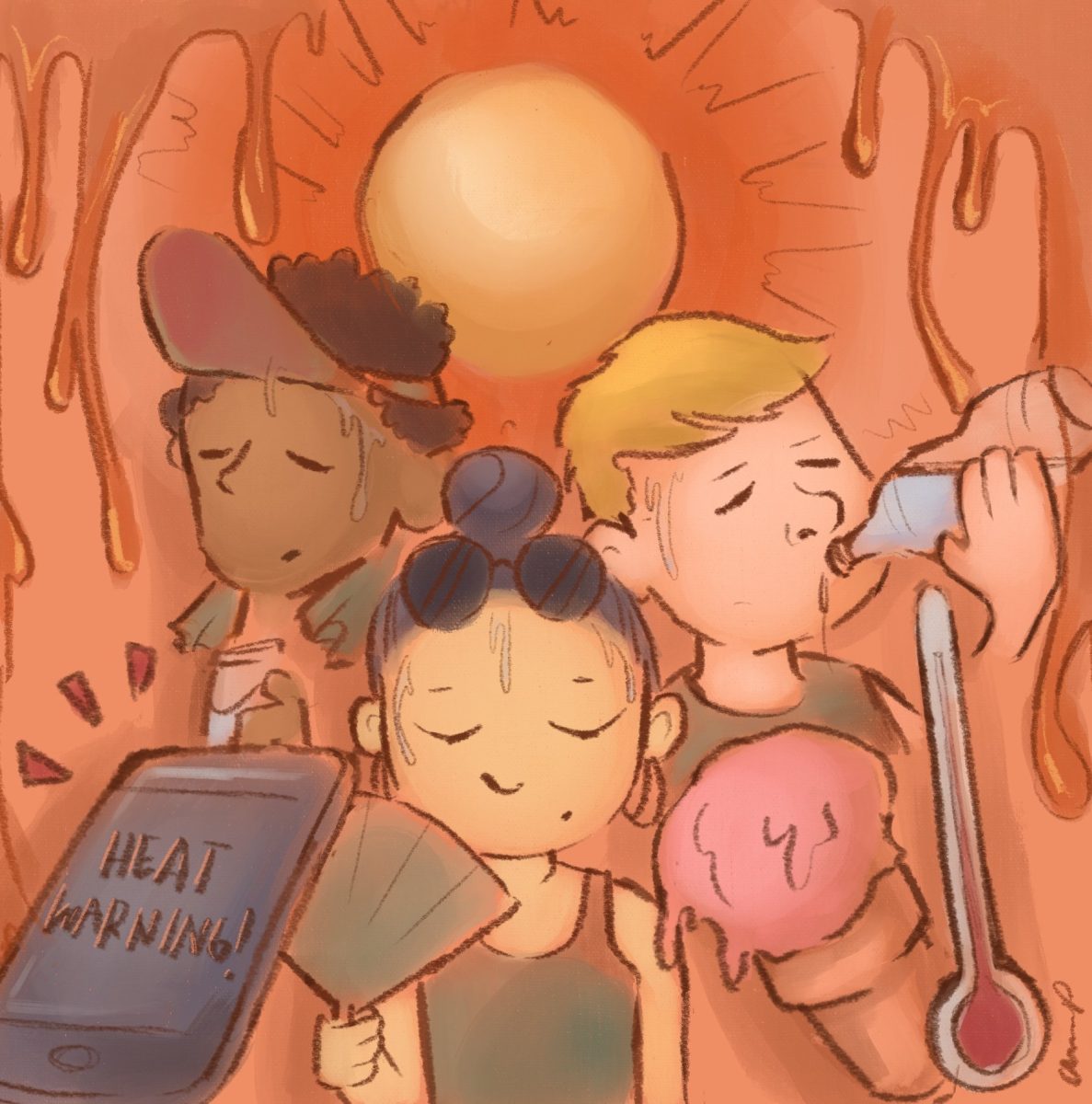For many international students at UT Austin, adapting to life at the University is more than an academic challenge. It’s a journey through experiencing a new culture, adjusting to a new environment and finding a community far from home. Although resources like Texas Global and student organizations aim to ease this transition, students say there’s still room for improvement in helping them navigate these challenges.
“Coming from Pakistan, it’s a completely different lifestyle, completely different social circle,” economics senior Faraz Khawaja said. “The biggest thing was having nobody around, such as family members or friends. I just didn’t know anyone. At first in Austin, it was kind of like no-man’s-land.”
There are almost 2,000 international undergraduate students enrolled this year at the University and over 4,600 international graduate students — overall, they represent 130 countries. Texas Global serves as UT Austin’s main support center for international students. The office offers a variety of services, including advising, orientation programs and cultural events designed to ease the transition.
“There’s a whole module (on Canvas) and orientations for international students,” said Tania Trejo, a Texas Global customer service associate. “There’s information if you have any mental health problems or you’re feeling homesick, you can use University resources to help you.”
While Texas Global provides these resources and social events to students while they’re on campus, they do not offer a direct system to help international students get to the United States, such as support in getting a visa. Texas Global’s immigration advisors can help with some issues but also redirect students to the proper support system for external resources they may need that the University does not provide.
Psychology senior Isabella Jasso, an international student from Mexico, said that while Texas Global has been responsive with scholarship help, she has had difficulties getting help when issues arose with her taxes and her work visa. After several unanswered emails regarding missing tax documents, Jasso said she went to the Texas Global offices but was only able to meet with a student worker, who didn’t know how to help her.
“It was just this big mess and I was like, ‘This is so important,’” Jasso said. “I could really get in trouble because I’m on a student visa here, and I could not be ignoring the IRS because Texas Global is not getting (back) to me.”
Many international students feel that while there are general resources available, the support often feels impersonal or hard to navigate.
“Their website has enough information for me to understand what I need to do for specific stuff … but I don’t think it’s enough,” chemistry senior Arantxa Rivera said. “It feels a little bit disconnected, especially for undergrads.”
While Texas Global provides some resources, student-led groups like Planet Longhorn also play a big role in supporting international students. Through a variety of social events, trips and networking activities, Planet Longhorn strives to create a supportive community where international students can form meaningful connections.
“You’ll see students from all over the world, (such as) Australia, New Zealand and Spain,” Khawaja said. “(Planet Longhorn) is a place for international students to meet and get to know each other, get to know the locals as well, and hang out.”
The Student Government International, Out-of-State, and Transfer Student Agency also advocates for international students at UT Austin, working to ensure that the needs of international students are represented and addressing both administrative concerns and cultural issues.
“We have a list of issues we want to address … and right now we are just writing down everything we think we could work on,” IOTSA co-director Rivera said. “The student government has always helped this agency in order to do a community-building approach to international students, but now we also want to be able to advocate for students as well.”
The IOTSA also has provided scholarships, hosted events, offered informational resources and worked with international students in the past while also referring them to the International Students Office for any questions or concerns.
During his time as vice president of Planet Longhorn this semester, Khawaja said the organization tried to connect with Texas Global to bridge the two organizations as a chance to help ease the transition to the U.S., but said Texas Global wasn’t interested.
“Texas Global, it’s just an office, I guess they try to do what they can,” Khawaja said. “They’re not that helpful in connecting you with other students or making that transition easier for you.”
Rivera said her high school in Mexico didn’t have any college advisors who could help with applying to UT, leaving her to discover the ins and outs of American academia on her own.
“In general, (for things like) the registration process and orientation, they don’t really explain as much,” Rivera said. “For (international students), we have to take every single class because we cannot really bring credit from high school, and we do not get any sort of registration priority.”
Jasso, like other international students, said she found it hard to navigate her first year at UT.
“When I first got to UT, I was very lost,” Jasso said. “I didn’t even know where to start. You see such a big school with a lot of funding, and they have so many resources, but it’s hard to know what’s out there for you when no one tells you.”
Jasso was a part of the Foundation Scholars Program at the College of Liberal Arts, in which students are assigned a peer mentor to help them through their first year. Although Jasso’s mentor was not an international student, she said she still was able to help point Jasso to resources and guide her through difficult processes like registration, inspiring Jasso to become a mentor herself.
“If I have the opportunity to do this as well, then if there are any other international students, they can be paired with me,” Jasso said. “Not only can I help them with UT-related stuff, but also with international-related stuff, because Texas Global will not.”
Jasso’s mentees this year are an international student from Armenia and a student who attended school in Mexico. She said she feels like she has been able to fill in some of the gaps in adjusting to life in the U.S. by helping them find resources, get involved with research and find social organizations.
Rivera said a mentorship program specifically for international students would be helpful, not only to make connections but also to have someone in their corner helping them understand the processes of being an international student. Students and organizations alike agree that more social events and assistance with everyday life beyond academics would help, especially in the first year trying to transition to the U.S.
“Planet Longhorn really did help me, because I did meet a lot of my friends today who are international students from all over the world,” Khawaja said. “At the end of the day, you want to be able to connect with other students.”













